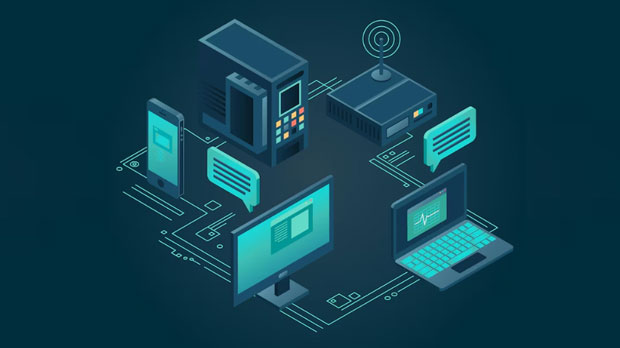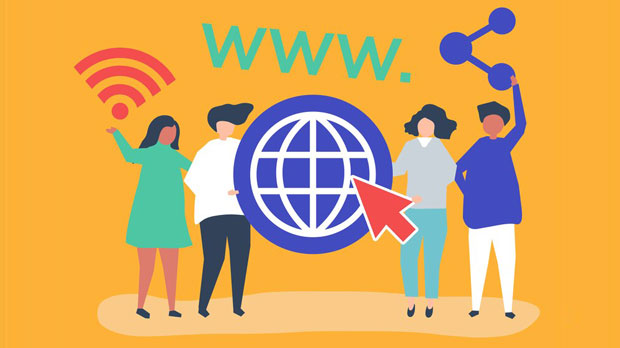The scale of the IP pool in Static residential proxies can have a significant impact on the efficiency and success of data scraping tasks. This factor affects the quality, speed, and reliability of the scraping process. A larger IP pool typically leads to higher anonymity, reduced risk of blocking, and better distribution of requests across various IP addresses. On the other hand, a smaller IP pool may result in faster IP exhaustion, increased chances of detection, and difficulties in maintaining a consistent data flow. In this article, we will delve deeper into the role of the static residential proxies' IP pool size and how it influences scraping tasks. By exploring these aspects, businesses can better understand how to optimize their scraping strategies. Understanding Static Residential Proxies and Their IP PoolStatic Residential Proxies are a type of proxy that uses real IP addresses sourced from internet service providers (ISPs) and assigned to specific residential users. These proxies are considered highly valuable for web scraping tasks because they mimic legitimate user traffic. Unlike datacenter proxies, which are often flagged as suspicious, residential proxies come from real users, making them harder to detect and block by websites.The IP pool of a Static residential proxy network refers to the total number of IP addresses available for use in scraping tasks. This pool can range from hundreds to millions of IPs, depending on the provider and its infrastructure. The scale of the IP pool directly impacts the effectiveness of scraping tasks, as it determines the variety of IPs that can be rotated during requests, influencing the efficiency and success of the entire scraping process.Impact of IP Pool Size on Web Scraping EfficiencyThe scale of the Static Residential Proxies' IP pool can influence scraping tasks in several key ways. Let’s explore these aspects in more detail:1. Anonymity and Avoiding Detection One of the primary concerns in data scraping is maintaining anonymity and avoiding detection. Websites often employ various anti-scraping techniques, such as blocking IPs that send too many requests in a short period. With a larger IP pool, the proxy network can rotate IPs more frequently, making it harder for websites to associate requests with a single source. This reduces the chances of getting blocked or flagged as a bot, thereby increasing the success rate of the scraping process.2. Request Distribution A large IP pool allows for better distribution of requests. If you are scraping data from a website that limits the number of requests per IP in a given time frame, a larger pool of IPs helps distribute the load evenly. This ensures that no single IP address is overwhelmed with too many requests, reducing the risk of being blacklisted or temporarily banned. It also helps in maintaining a steady flow of data, which is critical for time-sensitive scraping tasks.3. Scalability A larger IP pool provides better scalability for large-scale data scraping operations. If you need to scrape data from multiple websites or a large number of pages, a bigger pool of IP addresses allows you to handle multiple tasks simultaneously. This is particularly important for businesses that need to collect vast amounts of data regularly or in real time. A small IP pool may result in slower scraping speeds, as the same set of IPs is reused repeatedly, leading to congestion and delays.Risks and Challenges of Smaller IP PoolsWhile larger IP pools offer many advantages, smaller IP pools come with their own set of challenges that can negatively affect scraping performance:1. Increased Detection Risk When you are limited to a small number of IP addresses, the likelihood of detection increases. Websites often track IP addresses that exhibit unusual behavior, such as making a high volume of requests in a short period. With fewer IPs to rotate, your requests become more noticeable, and the website may block or throttle your access. This increases the chances of your scraping tasks being interrupted or halted entirely.2. Faster IP Exhaustion With a small IP pool, each IP is used more frequently. This leads to quicker exhaustion of the available IPs, especially if the website’s scraping protection mechanisms are robust. Once an IP is exhausted, it may be blacklisted or temporarily blocked, making it unavailable for future use. This can result in downtime or interruptions in the scraping process.3. Limited Scalability A small IP pool limits the number of concurrent requests that can be made. If you need to scrape large volumes of data quickly, the limited number of available IPs can become a bottleneck. This results in slower data collection, especially if the website has rate-limiting or anti-scraping measures in place.Factors to Consider When Choosing IP Pool SizeWhen selecting a static residential proxy service for web scraping, it’s essential to consider the size of the IP pool in relation to the specific needs of your scraping task. Here are a few factors to keep in mind:1. Scraping Frequency and Volume If you need to scrape data frequently or in large quantities, a larger IP pool is essential. This will allow you to distribute the requests across many IPs, reducing the risk of detection and improving scraping efficiency. For smaller, less frequent scraping tasks, a smaller IP pool may suffice, but it still carries the risk of detection.2. Website Complexity and Anti-Scraping Measures Some websites are more sophisticated in their anti-scraping measures, employing advanced algorithms to detect and block scrapers. In such cases, a larger IP pool provides more flexibility and resistance against detection. However, if the websites you are targeting have fewer restrictions, a smaller pool might still work effectively.3. Geographical Distribution of Targets If your scraping tasks require gathering data from websites in various regions or countries, a large and diverse IP pool becomes crucial. A global pool of IP addresses allows you to mimic traffic from different locations, making it more difficult for websites to detect and block requests based on geographic patterns.ConclusionIn conclusion, the scale of the IP pool in Static Residential Proxies plays a vital role in the success of data scraping tasks. A larger pool provides better anonymity, reduces the risk of detection, and offers greater scalability, making it ideal for large-scale and high-frequency scraping operations. However, a smaller IP pool can lead to faster exhaustion of IPs, higher detection risks, and slower scraping speeds. Therefore, businesses should carefully evaluate their scraping needs and choose an IP pool size that aligns with their specific requirements. By doing so, they can optimize the efficiency and success of their web scraping activities.
Aug 19, 2025



































































